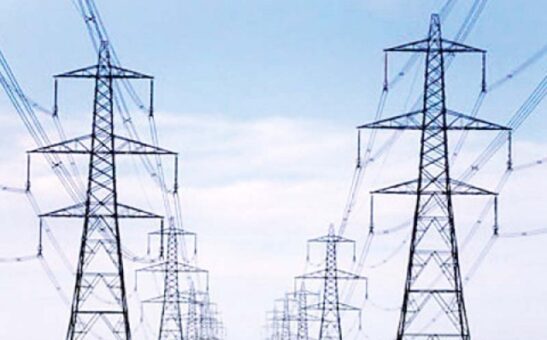KARACHI: Iranian trade delegation has urged Pakistani authorities to bring down customs duties in order to encourage formal trade between the two countries.
Talking to the members of Karachi Chamber of Commerce and Industry (KCCI), Morad Nemati, leader of the Iranian delegation said that in order to improve the trade relations between Pakistan and Iran, it was really essential that steps have to be taken to deal with the barriers hindering smooth trade between the two brotherly countries while the high custom duties need to be brought down to encourage legal trade and discourage smuggling.
Morad Nemati added that in addition to bringing down the high custom duties, formal banking channel between the two countries has to be activated which was widely being demanded by the business communities of the two countries since quite some time now.
Commercial Attaché of the Iranian Consulate in Karachi Mahmoud Hajy Yousefi Pour, Vice President Shahid Ismail, Former Vice President Asif Sheikh Javaid, KCCI Managing Committee Members and members of the Iranian delegation from different sectors of the economy were also present on the occasion.
While referring to China-Pakistan Economic Corridor (CPEC), Morad Nemati said that this essential project was going to open up huge opportunities not just for Pakistan but also for Iran and they (Iran) want to become part of this project which would surely ensure prosperity in the entire region.
He also underscored that that the business communities of the two countries will have to meet more frequently and improve their contacts, besides holding Single Country Exhibitions which would certainly improve trade and investment in both the brotherly countries.
Morad Nemati, who has also discharged his service as Commercial Attaché of the Iranian Consulate in Karachi, assured full support and cooperation to the business community so that trade could improve further and they collectively explore new avenues trade cooperation.
Earlier, Vice President KCCI Shahid Ismail, while welcoming the Iranian delegation, stated that despite being brotherly countries, trade remains low hence, Pakistan and Iran must make collective efforts to explore new avenues. It has always been KCCI’s struggle to promote bilateral trade and the Chamber has a very positive approach towards improving trade ties particularly with neighboring countries.
He pointed out that the bilateral trade between Pakistan and Iran was much less than the potential as Pakistan exports stood at a mere $330.2 million while the imports were around $1.247 billion during 2018.
Shahid Ismail noted that the negotiations on Free Trade Agreement (FTA) are underway as both the countries have shared their desire of upgrading Preferential Trade Agreement (PTA) into Free Trade Agreement (FTA) for which initial drafts have already been shared while the State Bank of Pakistan has also shared draft of Memorandum of Understanding (MoU) for signing its Banking Paying Arrangement (BPA) with Iran’s Iranian Bank Markazi Jomhouri. Both countries have already signed MoU through which channels would be opened in the central banks of both the countries for trade transactions that would reduce the usage of dollar account for Letter of Credit (LC) clearance.
He hoped that the desperately needed proper banking channel between Pakistan and Iran becomes a reality soon which would surely boost the existing trade ties.
Shahid Ismail underscored the need to sort out infrastructural constraints to enhance bilateral trade via Quetta-Taftan land route whereas regular operation of ECO container train will lend impetus to cargo and transit facilities between the two countries. While underscoring the need for a realistic approach, Vice President KCCI said that KCCI was keen to strengthen trade ties with their counterparts in Iran.







